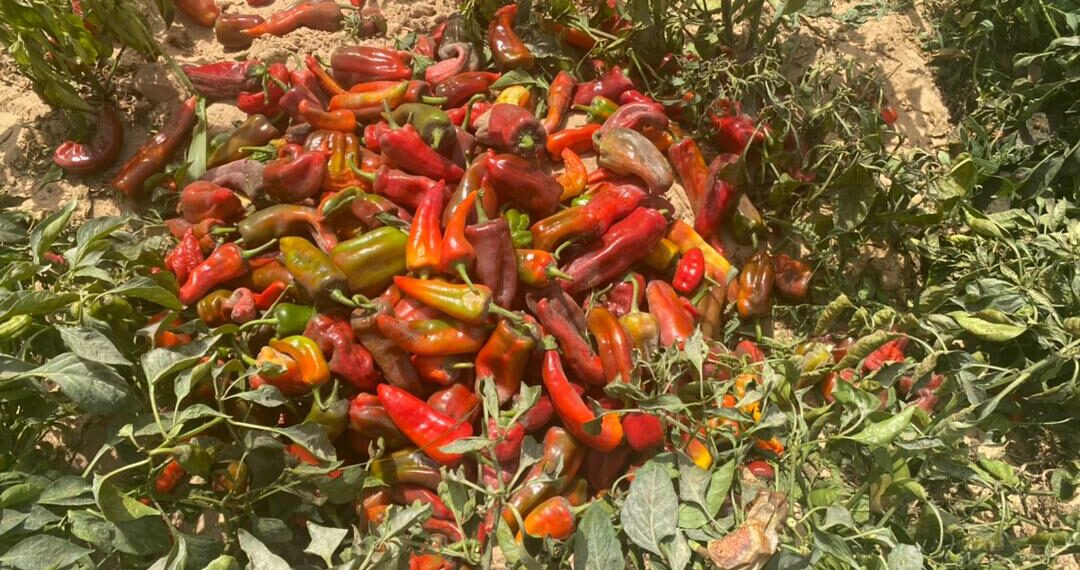Women farmers who cultivate Pepper at Edemu Ani community in Nsukka Local Government Area of Enugu State, Southeast Nigeria, appear to be the worst hit by shortage of rainfall as a result of climate change.
The women who cannot drill boreholes for irrigation farming and are largely dependent on tanker drivers to water their farms say they can no longer afford it because the cost has become too much for them to bear.
Also read, Climate Change Impacts FCT women farmers, widens inequality
Mrs. Ugwuoke who prefers only her first name mentioned and three other women who spoke to MAWA-Foundation disclosed that in the last five years, they had continued to buy water from tanker drivers to water their farms as a result of weather changes that brought boiling weather conditions that is affecting their Pepper farms.
In Ugwuoke’s narratives, inadequate rainfall is making their Pepper farms not yield well as a result of stunted growth they encounter because of extremely hot weather conditions. A situation she said forced women farmers to buy water from tanker drivers to water their farms using Watering Can manual methods to save the Pepper from extremely hot weather conditions and for the farmers to have good harvests.
“In the last five years, we have continued to buy water from tanker drivers to water our farms, we started by buying water ranging between N7,000 and N8,000 to fill our overhead tank so we can water our farms manually,” Ugwuoke told MAWA-Foundation.
Worse still, the women told MAWA that a tanker load of water does not last more than four days. This situation the women say makes them spend huge amounts of money buying water to maintain and sustain their Pepper farms.
Narrating how climate change is impacting them, the women disclosed that a good number of them who cannot afford to buy water from tanker drivers to water their farms have left farming, while those who are still farming are running at a loss.
“Many women who can’t afford to buy from tanker drivers to water their farms have since left farming, and the few still standing are running at a loss,” one of the women told MAWA.
Mr. Sylvanus Onyishi, a soil scientist and climate change expert, who spoke to MAWA, disclosed that pepper farmers in Nsukka communities have been battling climate change impact for a long time with no one telling their stories.
Onyishi pointed out that irrigation appears to be a solution to addressing hot weather conditions brought by climate change affecting pepper farming in Nsukka communities.
He, however, disclosed that although irrigation farming is a solution, women farmers cannot afford it because it is expensive.
Onyishi painted disturbing pictures of how the situation forced the women farmers to resort to buying water from tanker drivers to water their farms manually using Watering Cans, and unfortunately, they cannot even afford the manual method anymore.
— Audu Liberty Oseni


First: Irrigation is never a solution when water is scarce. The only solution is to change crops adaped to dryer conditions. Second: Are the dry weather conditions really a result of climate change? Is that evident? Have you checked what scientists found out when attributing weather to climate change? There could be many other other reasons for drought (e.g. the wrong crop which needs too much water, inefficient irrigation practices, not enough shade, wrong/not sufficiently adaped cultivation methods, …). Third: What is the reason why the women cannot drill boreholes? I am missing this information.